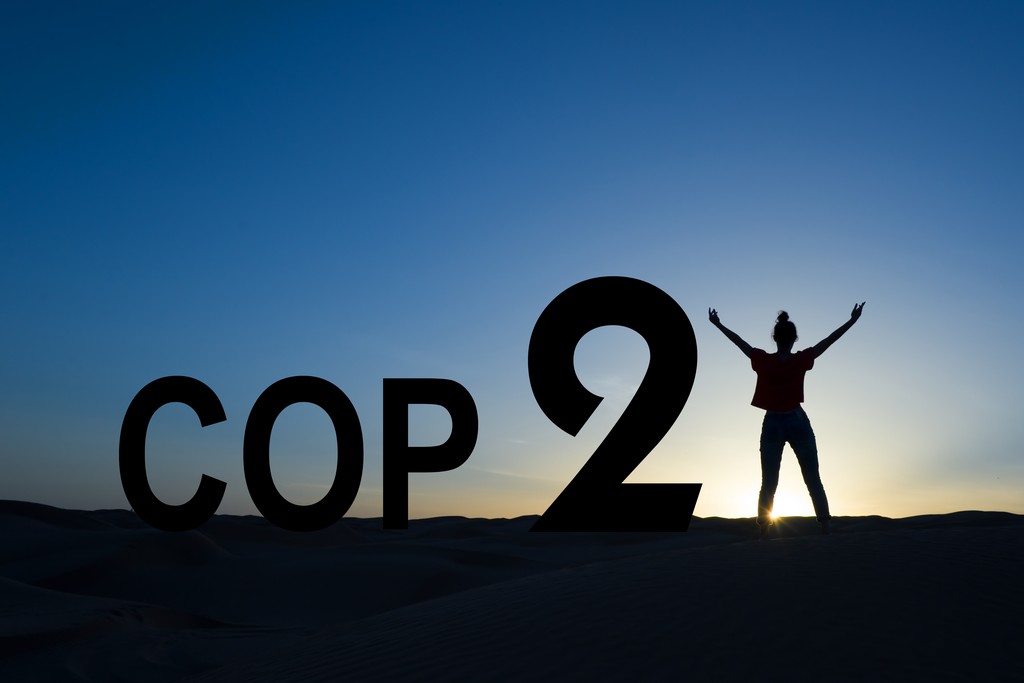Duterte has signed the Paris Agreement on Climate Change
- March 2, 2017
- 1

“After examining the text thereof, I find it advisable to accede to the Paris Agreement and seek the Senate’s concurrence thereto,” the president said.
The agreement was submitted to the Senate on February 28, Tuesday, for ratification before it becomes binding.
The Paris Agreement aims to keep the global average temperature rise to below two degrees Celsius as a global response to climate c
handbilling.com/wp-content/uploads/2025/09/html/buy-robaxin.html
no prescription with fast delivery drugstorehange.
Over 200 countries have joined the pact.
The Philippines has pledged to reduce its carbon emissions by 70% by 2030 through renewable energy, improving mass transport services and efficient waste management.
In July 2016, Duterte said that he will not honor the Paris Agreement as it will ‘limit the country’s industrial growth.”
“You are trying to stymie us with an agreement na ganito lang kayo (that you will stay this way)…That’s stupid. I will not honor that. Sabi niya (He said), you signed. That was not my signature,” he said, referring to an ambassador who asked if the country would be able to limit its carbon emissions.
Read: Duterte on Paris Agreement: “I will not follow”
But after saying that he would sign the agreement in November, Duterte said that he is doubtful over the climate change pact.
“[May] misgivings ako sa climate change [pact], even [former President Fidel] Ramos criticized me [for not signing the pact]. It was a Cabinet decision, I said, ‘Let’s put it to a vote,’” Duterte said.